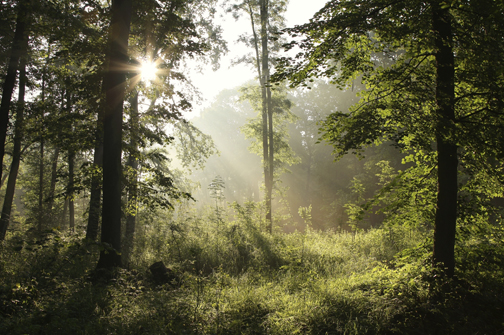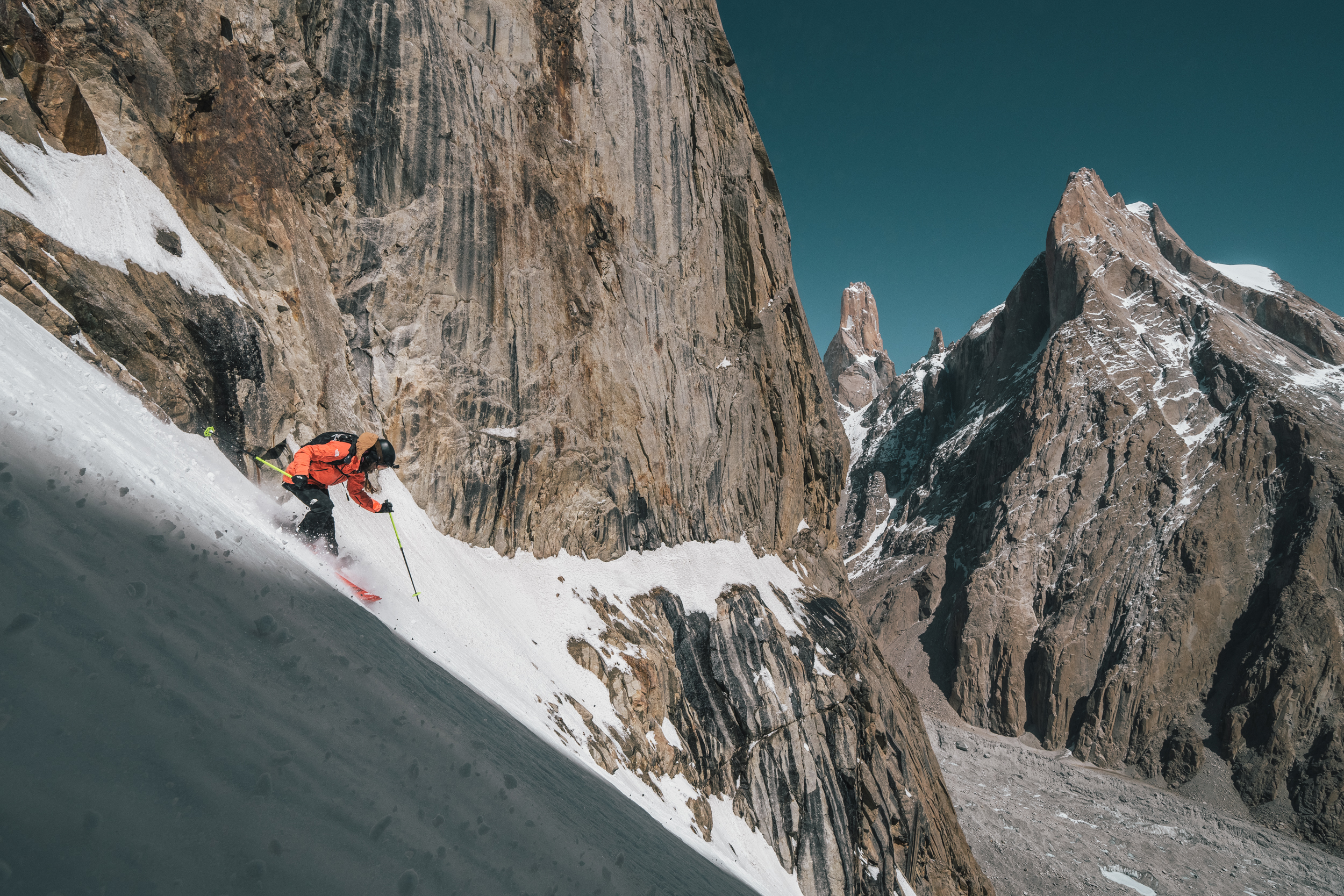
Protecting Wilderness: The Highest Act of Self-Respect
Something within us yearns to know the unbroken portions of a map, those areas not crisscrossed by roads or even foot trails. Similarly, we yearn to know which bird sings so sweetly from high in the forest, which plants feed the mule deer, or where the bear by the lake sleeps in winter. This world of mystery anchors the lives of all species, ours included.
I never thought about wilderness as a child. We grew beefsteak tomatoes and crookneck squash in our Tennessee garden, caught crawdads and turtles in the creek and spent hours climbing our respective branches of the sprawling mimosa tree, counting its seeds like money. My Brooklyn-raised father thought wilderness was an empty lot down the street from his brownstone where he played stick ball with his friends.
My draw to backpacking in my late teens came from a spiritual yearning, a deep desire for a sense of wonder from the moment of rising in the morning until lying my body down at night. I still experience this most fully when sleeping under the stars, after days of walking where roads do not exist. In such places, whether alpine lakes, saguaro-filled deserts, coastal rain forests or sandstone canyons, I feel most tiny and alive.
Nothing melts away an ego like the sense of smallness in the midst of the power of the wilderness. It delights and reminds of what is most important — gratitude, creativity, love, beauty and simply feeling alive. It seems nothing but essential to know that parts of the world exist without constant manipulation by humanity.
Wilderness — landscapes left as unscathed as possible — give us the greatest hope for the continuation of nature’s cycles. We use the moral constructs of our society to act with restraint and awe, legislating certain unique and irreplaceable areas to retain their original character. Acting with intelligence and conscience, we hold certain places above our desire for conquest, money or possession.
Years of citizen involvement led to the Wilderness Act in 1964, among the most poetic pieces of legislation in our nation’s history. A half century later, grassroots activism is still needed to ensure that the purposes of the legislation continue — to carry out our enduring responsibility to future generations, ensuring that the fibers of this complex tapestry do not tear and fray at our hands.
For these reasons, I joined Great Old Broads for Wilderness. Our organization was founded on a deep passion for the wild and a desire to join in camaraderie with others, having fun while doing the serious work of protecting our country’s wildest remaining places. Through our 5,200 supporters and local chapters, called Broadbands, we work across the country to advocate for wilderness and responsible management of our wild public lands. Great Old Broads empowers citizens to get involved with public lands planning and stewardship; trains women as grassroots leaders; collaborates in campaigns to designate wilderness; educates members to document impacts, such as oil and gas extraction, off-road vehicles and grazing; and connects people with their wild public lands through fun events, such as hikes, campouts and street theatre. We are a vocal and consistent presence, and we show up where needed.
As an organization of mostly older women, we know that we each hold the wild within us. Protecting this part of ourselves is the highest act of self-respect. Through our commitment to wilderness, we bring hope to future generations of all species.
Shelley Silbert is the executive director of Great Old Broads for the Wilderness, an organization that gives voice to the millions of older and not-so-able Americans who wish to see our wild public lands protected for future generations. She will speak at Mountainfilm's Moving Mountains Symposium 2014.


